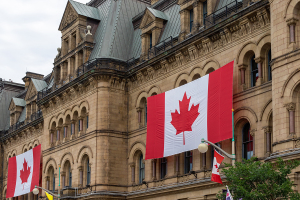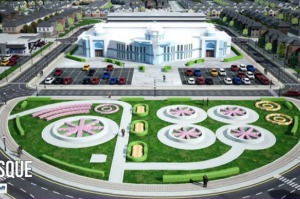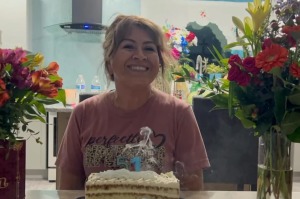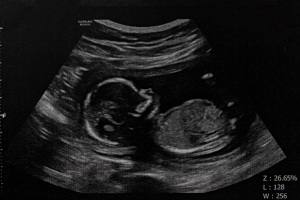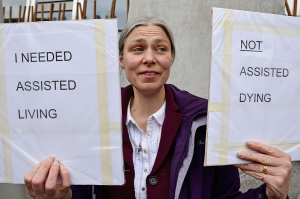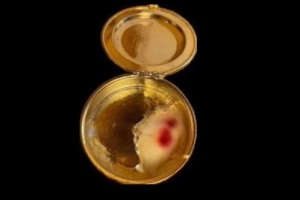Episcopalians Meet to Apologize for Slavery
PHILADELPHIA - Episcopal leaders gathered in Philadelphia expect to formally apologize Saturday for their ancestors' slave ownership — and to discuss the "white privilege" they say endures.
In a solemn repentance service, Episcopalians plan to acknowledge that slavery "was and is a sin and a fundamental betrayal of the humanity of all persons" in which church members took part.
The Episcopal church joins other denominations, including the Southern Baptists, that have apologized for their past support of slavery or racism.
"We think that Americans are really in denial about the role of the African-Americans and Native Americans in the building of this nation," said Byron Rushing, a Massachusetts lawmaker who helped organize the Episcopal event.
"We're convinced that if we can tell the truth about that ... we should make better decisions about how we should live and work together," said Rushing, a descendant of slaves.
The United States has about 2.4 million Episcopalians. Some 600 church members are expected to take part in the gathering, which officials have been wanting for years to hold. The event is being held at the African Episcopal Church of St. Thomas in west Philadelphia, the denomination's oldest African-American congregation.
Presiding Bishop Katherine Schori of the Episcopal Church USA will be joined by 15 other bishops for Saturday's service.
Even Americans with no direct family link to slave ownership have benefited from the economic model, which lasted in the U.S. for more than 200 years, from about 1619 to 1865, church leaders said.
John Vanderstar, a retired Washington lawyer who drafted the apology resolution, said his family did not come to the United States until after slavery was outlawed. That doesn't leave him off the hook, he said.
"I know that as a white, European male that I get privileges that I don't deserve just because of my race and my last name," Vanderstar said Friday.
The church is still weighing what form reparations might take, including education and outreach, leaders said.
Filmmaker Katrina Brown, 41, of Boston, brings a unique vantage point to the church discussion. Her family research revealed her ancestors as the largest slave traders in U.S. history. Over three generations, the DeWolfs of Rhode Island brought 10,000 Africans to the country as slaves, according Brown, who turned her work into a heartfelt documentary titled "Traces of the Trade."
"I get push-back from whites: 'My people weren't here, and I'm not racist, so this isn't my problem,'" Brown said. "You don't have to be a bad, intentionally racist person to be benefiting from a system that still has inequities built into it."
















